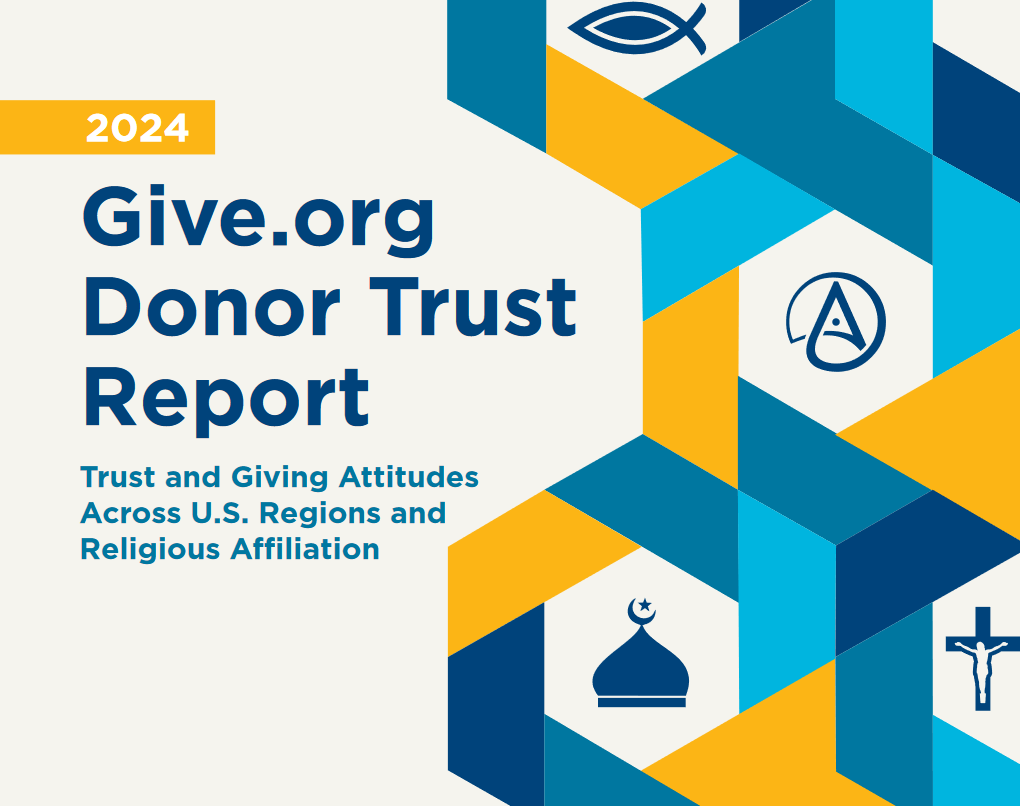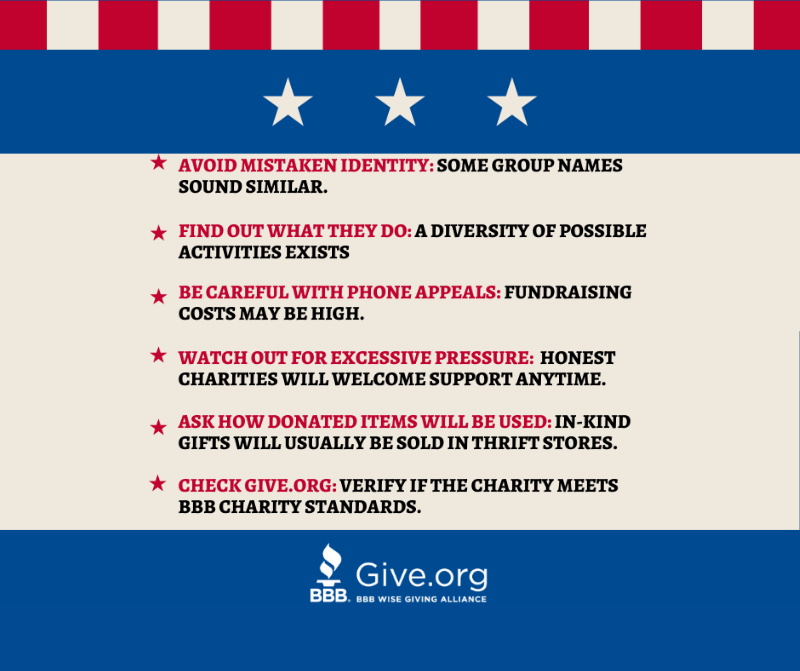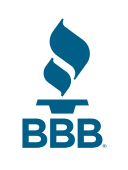Wise Giving Wednesday: Advocacy Organizations in the Spotlight
Whether it’s gun control, abortion, civil rights, environmental issues and other causes, some organizations engaged in advocacy issues are reporting a spike in contributions in recent weeks as reported in The Chronicle of Philanthropy. While it is too early to tell if this is a short term or long term phenomenon, advocacy groups will likely do their best to help maintain and grow this interest. No matter which side of the political aisle you reside, here are some tips to consider before you get out your checkbook or type your credit card number on a donation page.
- 501(c)(3) or 501(c)(4)? Some advocacy groups are tax exempt as charitable organizations under section 501(c)(3) of the Internal Revenue Code. In many cases, they are engaged in educational activities that fall under the scope of the IRS definition of charity. Contributions to such groups are generally just as deductible as gifts to other charities. On the other hand, some advocacy organizations are tax exempt under section 501(c)(4) of the Internal Revenue Code which is the section that defines civic leagues and other organizations engaged in promoting social welfare. While it is okay to donate to 501(c)(4) organizations, contributions to them are not deductible as charitable gifts.
- Can a charity be engaged in lobbying activities? As reported on the IRS website, “In general, no organization may qualify for section 501(c)(3) status if a substantial part of its activities is attempting to influence legislation…Organizations may however, involve themselves in issues of public policy without the activity being considered as lobbying” – for example, educational meetings. However, the IRS allows 501(c)(3) organizations to conduct some lobbying activities according to a formula outlined in Section 501(h) of the Internal Revenue Code which is based on the size of the organization. In contrast, 501(c)(4) organizations can engage in unlimited lobbying but such activities must help advance its tax-exempt purpose.
- Accuracy and advocacy. Sometimes advocacy organizations send out direct mail appeals that request recipients to sign a petition and return it with a check. If so, read the appeal carefully to see how the petition will be used and if the contents are specific enough to influence the targeted recipient. In some cases, petitions may be used to encourage donations rather than change minds.
- Charity advocacy and trust. Of course, if the advocacy group is tax exempt as a 501(c)(3) organization, visit Give.org to verify if it meets the 20 BBB Standards for Charity Accountability .
On a related note, as part of our Building Trust Video Series we are pleased to provide a video featuring Dr. Michael Jacobsen, Executive Director of Center for Science in the Public Interest, (a BBB data-sf-ec-immutable="" Accredited Charity). The Center seeks to conduct research and advocacy programs in health and nutrition and to provide consumers with current, useful information about their health and well-being.
We are always working with charities to publish or update reports for donors. Visit Give.org or local BBBs to check out any charity before giving. Our recently evaluated charities include:
Finally, remember to let us know by going to https://give.org/ask-us-about-a-charity1/ if you are interested in seeing a report on a charity not on the list and we will do our best to produce one.
H. Art Taylor, President & CEO
BBB Wise Giving Alliance












.jpg?sfvrsn=8073f1a5_0)
















